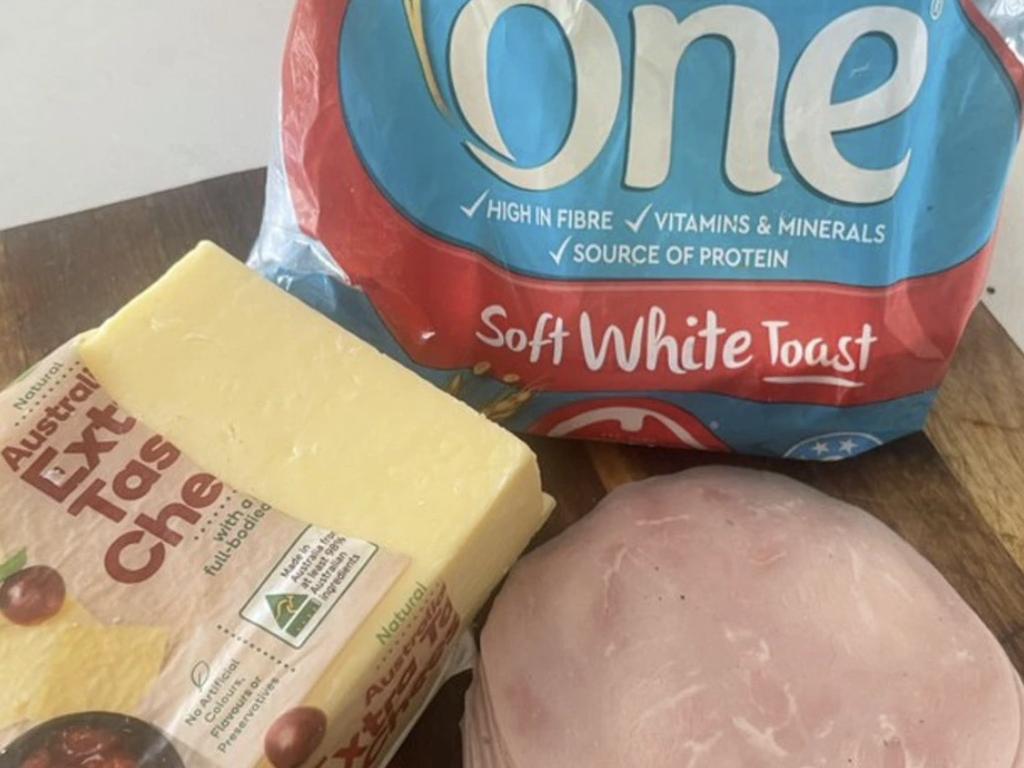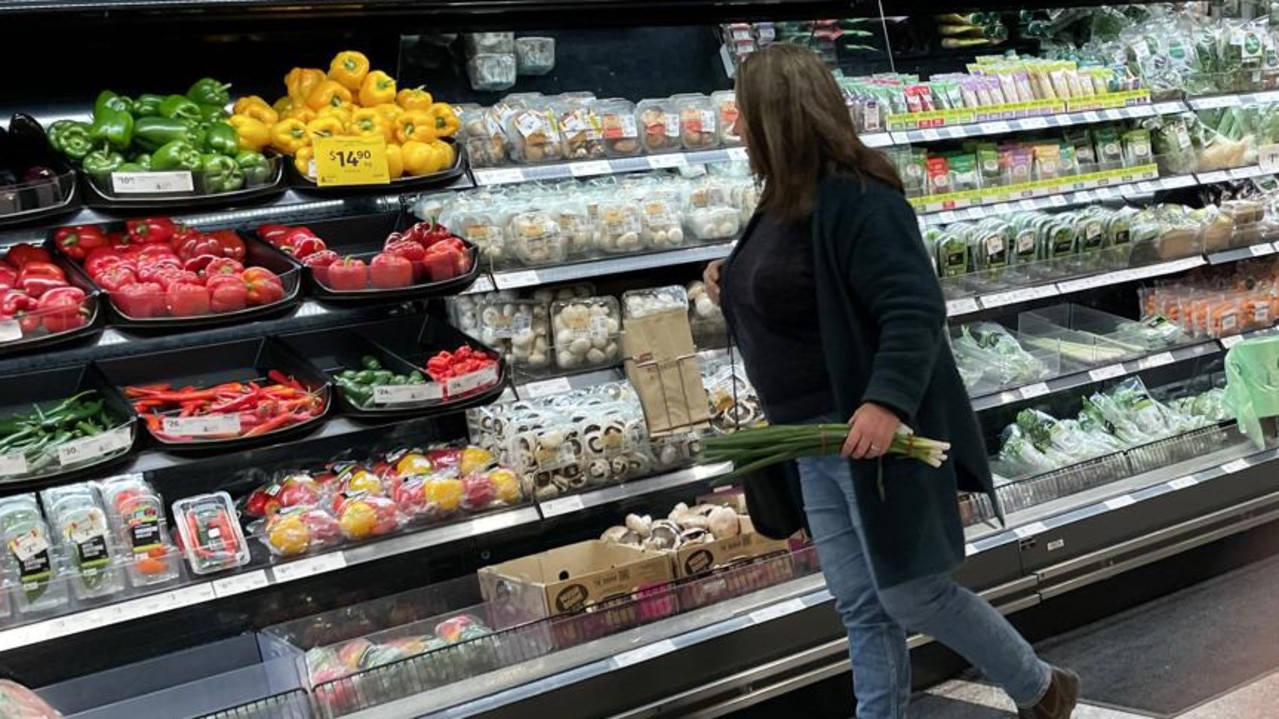How Aussies are cutting back as the cost of living crisis takes hold
Aussies are now going to extreme lengths to survive the country’s increasingly difficult cost of living crisis.

It’s no secret, Australia is currently facing a significant cost of living crisis.
For many, the fabled “six figure salary” is barely enough to get by living in a major city with an average mortgage.
Rising housing costs have been big-hitters throughout 2023, as Australia grapples with the financial consequences of a global lockdown that sent economies through the tumble dryer.
Those who lack four investment properties or chunky family inheritance accounts, have been forced to take stock of their day-to-day purchases and cut out common staples, even food.
One article from the Sydney Morning Herald last week questioned if this was indeed the “end of the Australian middle class” as more and more Aussies report their struggles.
Some of those in financial trouble say they haven’t had a piece of red meat in months due to skyrocketing prices at the supermarket. Others say they have “started sailing the high seas of piracy” after deleting their streaming accounts.
Some even admit they’re even “going easy” on their car’s accelerator, opting to “just let it coast when I see a red light ahead”.

Reddit threads in the AusFinance community have been dominated recently by Aussies asking each other how they are managing the rapid cost of living increases.
For many Australians, the common ritual of indulging in a cafe brekky has become a luxury they can no longer justify.
The cost of dining out has led individuals to reduce or eliminate this expense from their budgets, opting instead for more economical meal options at home.
“Surely fast food places have to be losing business, who is buying a Big Mac meal for like $20? I can make lunches for a week for the same price and it actually tastes like real food,” one person commented.
“The Bacon, Egg and Cheese burger at my local cafe near work has gone from $4.50, to $6.50, to $7.50, to $8.50 and now $9.50. Last one of those I’ll be buying for a while,” another said.
Another person mentioned they had been saving $70 a week by avoiding their regular two coffees a day from their local cafe.
But consumers have also found shopping at the supermarket is sometimes more expensive than picking up a takeaway dinner.
One shopper’s recent “insane” purchase may have taken the cake last week after they were charged $22.80 for ingredients to make a humble ham and cheese sandwich.
The days of regularly enjoying full cuts of premium meats like steak or chicken breast have become a rarity for many families, who are turning to more budget-friendly options like minced meat and chicken tenders, willingly sacrificing healthy options for their wallet.

Some Australians are also becoming increasingly conscious of beverage expenses, particularly when dining out. With some venues now charging over $12 for a can of beer, thousands are flatly saying no.
Several say they are re-evaluating their entertainment budgets, admitting they are strategically subscribing to streaming services during discounted periods or just cancelling their subscriptions entirely.
Hand-me-downs have also become the new norm for many families. Parents are opting out of buying new clothes for their children, relying on previously worn items as a cost-effective alternative.
The era of casual window shopping in department stores is quickly fading as Australians tighten their financial belts.
Many say they are now are minimising trips to retail giants, only entering when necessary and with a specific purpose in mind.

The once common practice of browsing and impulse buying has been replaced with a more intentional and focused shopping approach.
But on the more unfortunate end of the economy, people are being forced to forgo a lot more than just takeaway coffee.
“We’re seeing a new demographic of people turning to charities for support over the past 18 months,” a spokesperson for St Vincent de Paul Society in New South Wales said.
“It has been very concerning to see a growing number of people in employment and families on dual incomes reaching out in a time of desperation because of the cost of living.”
An estimated 3.7 million households are battling serious levels of food insecurity, not-for-profit Food Bank revealed in its 2023 Hunger Report.
Food insecurity describes the need to make “unenviable choices about what and when they eat” such as skipping meals or going whole days without eating.
The proportion of Aussies who are experiencing “some level of distress in meeting the most basic needs” when it comes to putting food on the table is racing towards 50 per cent.
“Food insecurity is waking early and sending your child off to school with a rumbling tummy and empty lunch box because you’ve been forced into an impossible choice between paying the rent or buying food that week,” Foodbank chief executive Brianna Casey said.
“Food insecurity is living at home alone as a pensioner, convincing yourself that three meals a day is a luxury, and that two – or even one – will suffice.
“Food insecurity is rushing to the fruit platter at a working lunch in the office because fresh fruit and vegetables have become a treat, rather than a dietary staple.
“Food insecurity is now having a mortgage, a full-time job and a side hustle, yet food is a discretionary spend in the household budget.”






